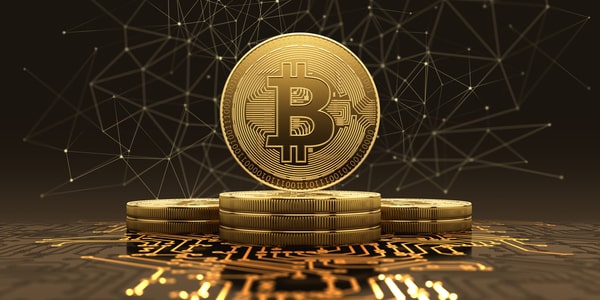In recent years, the rise of mega darknet services has captured the attention of both cybersecurity experts and law enforcement agencies. These vast underground networks have evolved beyond their early, rudimentary beginnings into highly sophisticated hubs, providing a wide array of illicit services and goods. The increasing complexity of these platforms is largely driven by a surge in demand for anonymity, privacy, and the ability to operate without detection in a world where surveillance technologies are becoming more invasive. As governments and corporations amass unprecedented amounts of personal data, the need for secure and untraceable methods of communication and transaction has never been more critical. One key factor contributing to the growing significance of mega darknet services is the pervasive expansion of surveillance systems across the globe. The proliferation of CCTV cameras, facial recognition technology, and internet monitoring tools has created an environment in which individuals and groups are often left feeling vulnerable.
In response, darknet services have stepped in as a refuge for those seeking to shield themselves from the prying eyes of both public and private sectors. For these users, the ability to operate in secrecy has become essential, whether for personal privacy, political activism, or even criminal activity. Moreover, the increasing sophistication of these platforms has made it easier for users to navigate the darknet without technical expertise. Earlier, engaging with the darknet required a certain level of understanding, but today’s mega services cater to a broader audience by offering user-friendly interfaces and improved security features. These platforms are designed to withstand the most advanced cyberattacks and remain operational even in the face of significant disruption efforts from law enforcement. As a result, they have become the go-to solution for anyone looking to circumvent surveillance and engage in activities outside the reach of conventional authorities. The anonymity afforded by these services has also become more attractive to a diverse range of users. Political dissidents, journalists in repressive regimes, and whistleblowers have turned to the darknet to communicate and share information without fear of retaliation.
This trend highlights a dual-edged nature of these Mega сайт services while they are often associated with illegal activities, they are also vital for protecting fundamental freedoms in environments where freedom of speech and privacy are severely restricted. The sheer scale of activity taking place in these dark corners of the internet further underscores the need for tools that can shield individuals from unwanted oversight. The increasing scale of mega darknet services has not gone unnoticed by law enforcement. While many countries have ramped up their efforts to combat illicit activities online, the sheer size and complexity of these networks make them difficult to dismantle. Law enforcement agencies are constantly in a cat-and-mouse game with those who operate these platforms, trying to identify and apprehend key players while individuals seeking refuge continue to find new ways to stay hidden. As a result, both sides are engaged in an ongoing arms race, with each new tactic from law enforcement met by an even more advanced countermeasure from those on the dark web.






